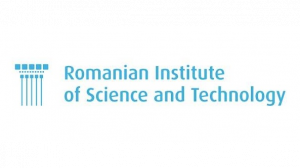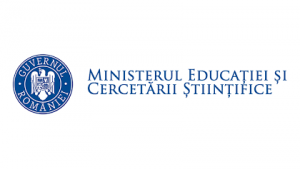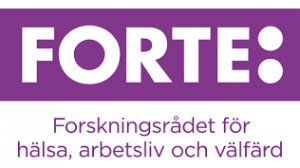Forte Junior Researcher Grants on Health, Working Life and Welfare
This call for proposals shall contribute to increasing the knowledge in Forte’s areas of responsibility: health, working life and welfare. In total, around SEK 300 million is reserved for the period 2020–2023.
The deadline for applications is 5 February 2019 at 14:00.






